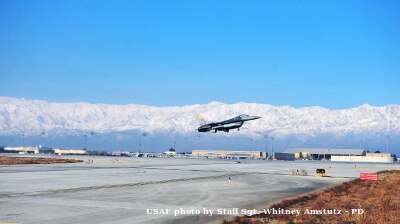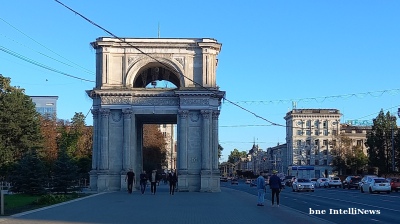The Israeli military has accused United Nations agencies of failing to safeguard the humanitarian aid system in Gaza, allowing Hamas to exploit and manipulate the process for its own strategic advantage. In a confidential briefing held earlier in the week referenced by The Jerusalem Post, senior defence officials in Tel Aviv argued that UN bodies had inadvertently legitimised disinformation and permitted systemic abuse within the aid distribution network.
According to figures presented by the Israeli Coordination of Government Activities in the Territories (COGAT), over 91,000 aid trucks, including a large number carrying aid donated by South and East Asian nations have crossed into Gaza since the war began on October 7 2024, following the massacre of 1,195 unarmed Israelis and the abduction of more than 250 others.
The deliveries supposedly being mismanaged amount to approximately 1.9mn tonnes of humanitarian assistance. However, only 27% of that aid reportedly came through the appropriate UN channels, with the remainder provided by non-governmental organisations, foreign governments including China, Japan, India and Taiwan and private suppliers.
For their part, Israeli officials insist that they are not limiting the volume of aid entering the enclave. Instead, they point to significant bottlenecks and breakdowns in coordination on the Palestinian side. More than 550 trucks are said to be currently stalled within Gaza due to Hamas’ logistical dysfunctions and a lack of adequate distribution mechanisms.
One of the Israeli military’s key criticisms centres on the UN’s reliance on local staff, many of whom are believed to be affiliated with Hamas or operating under its influence. As such, the Israeli side contends that these staff members play a critical role in obstructing the fair and transparent distribution of aid, and allege that the UN has not taken sufficient steps to introduce international teams who might operate more independently.
There are also persistent claims that Hamas is systematically looting the aid that does make it into Gaza. Military officials estimate that 80% of all assistance is intercepted either by Hamas members, its affiliates or civilians acting under its control.
According to The Jerusalem Post, Hamas is said to have mandated the seizure of between 15% and 25% of all supplies, which are then taxed at distribution points, diverted or sold to fund the organisation’s operations.
To help counter this the newspaper says, Israel has implemented a new, multi-stage humanitarian aid model designed to curtail Hamas's influence. This mechanism includes secured distribution sites, direct delivery of food to civilians and aerial drops coordinated with international partners such as Jordan, the United Arab Emirates, France, Germany, Belgium and Canada. These efforts, Tel Aviv maintains, are intended to bypass intermediaries and prevent further exploitation of the system.
Despite these reforms, Israeli authorities continue to report that Hamas has sought to disrupt the new system. They argue that the group, deemed a terrorist organisation by the US, UK and Canada, prefers the previous model which allowed for greater control, financial gain and the integration of operatives within aid channels.
According to Israeli sources referred to by The Jerusalem Post, there are adequate food reserves in Khan Younis and central refugee camps, but distribution remains the core challenge. The emphasis, they say, is now on reinforcing secure logistics and ensuring the system is not compromised by militant interference.
Features

Trump eyes Bagram return, with China in his sights
In the years it was operational, 14 nations operated at, or through Bagram. In addition to the US, these included UK forces and elements from France, Germany, South Korea and more.

$23bn windfall for Kazakhstan as Beijing shifts up a gear on New Silk Road
Resource-rich Central Asian country emerges as a standout destination for Chinese investment.

US cancels Chabahar port sanctions exemption in blow to India's regional strategy
US terminates Iran Chabahar port sanctions waiver from September 29, jeopardising India's strategic trade operations and regional connectivity initiatives through the key facility.

INTERVIEW: Moldova seizes its moment
From rapid progress towards EU accession to the reconstruction of neighbouring Ukraine, factors have aligned to make Moldova an attractive FDI destination, says Invest Moldova head Natalia Bejan.




